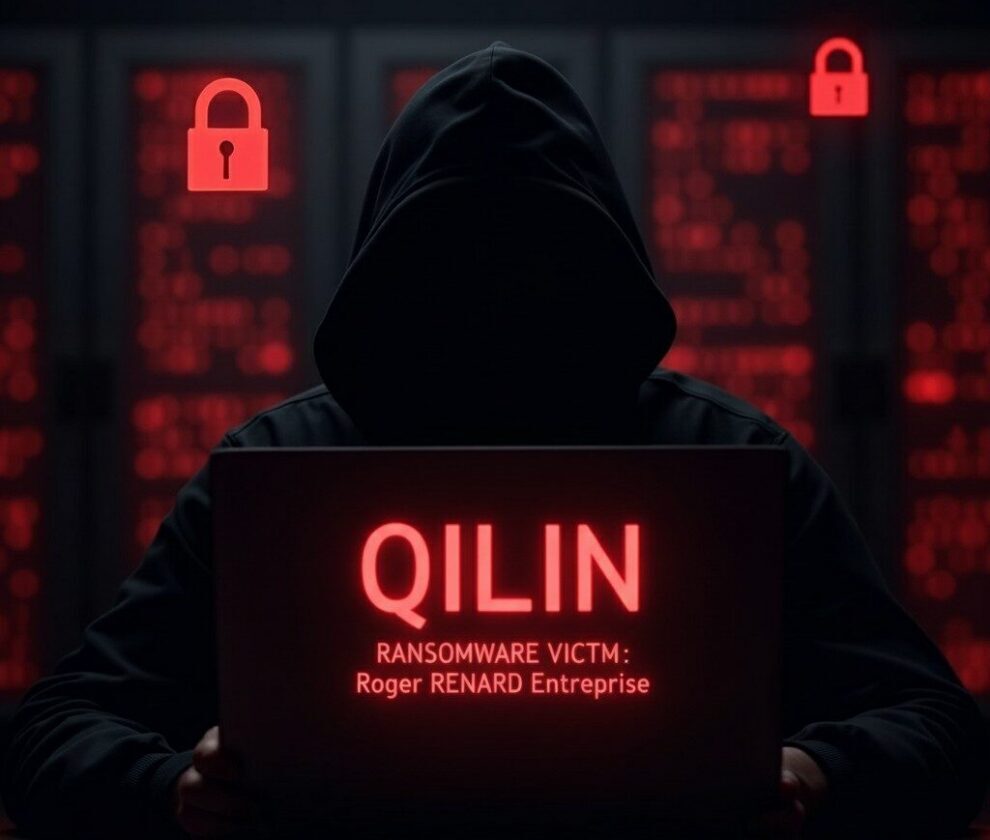Introduction
The reality of ransomware attacks is more menacing than ever, and the recent assault on Japanese retailer Askul serves as a stark warning. In October 2025, Askul’s operations were brought to a halt when an unprecedented ransomware attack disrupted its logistics systems, forcing the company to suspend all online orders and shipments.
This cyberattack underscores critical vulnerabilities in the retail sector and the cascading effects such incidents can have on supply chains. In this article, we dive into the details of the attack, examine its ramifications, and propose actionable strategies to fortify businesses against similar threats.
What Happened to Askul?
Askul, a major player in the Japanese office supply and household goods market, became the latest victim of a sophisticated ransomware attack. The event severely disrupted three principal e-commerce platforms—Lohaco, Soloel Arena, and Askul’s primary site—halting operations and cancelling all pending orders. Furthermore, the organization launched investigations to assess potential breaches of customer data and personal information.
The incident sent shockwaves beyond Askul’s operations, impacting an interconnected network of business partners like Muji, Loft, and Sogo & Seibu, all of which utilized Askul’s logistics services. This demonstrated the domino effect that a single cyberattack can unleash within a tightly knit supply chain.
Impact on Partners and Customers
For Askul’s partners like Muji, the attack was more than an inconvenience—it compromised their own commerce capabilities. Muji, well-regarded for its minimalist designs, had to suspend its online shopping services due to logistical chaos. Similar disruptions affected other retailers, creating frustrations for consumers suddenly unable to place or receive orders.
This scenario highlights the modern retail sector’s dependency on interconnected digital systems, where a disruption in one entity reverberates across numerous others. Trust in reliable logistics systems is eroded, and customer satisfaction takes a significant hit during such incidents.
The Growing Threat of Ransomware
Ransomware has climbed to the forefront of cyber-threats worldwide, impacting businesses across every sector. These attacks typically encrypt a company’s data or paralyze critical systems, with attackers then demanding payment for resolution. In Japan alone, 2025 saw similar breaches targeting corporations like Asahi Breweries and Sagawa Express. This surge underscores the scale of the problem.
Large organizations with expansive networks and valuable datasets remain prime targets due to their perceived ability to pay hefty ransoms. While financial motivations often drive these crimes, political or ideological incentives also come into play, further complicating the landscape.
How Can Businesses Protect Themselves?
Mitigating cyber threats involves a multifaceted approach tailored to an organization’s unique challenges. Key protective measures include:
- Investing in Advanced Cybersecurity: Deploying state-of-the-art technologies such as intrusion detection systems, multi-layered firewalls, and endpoint protection to safeguard sensitive assets.
- Employee Training: Educating employees about identifying phishing attempts and employing secure practices to minimize human errors that often serve as entry points for attacks.
- Disaster Recovery Planning: Creating comprehensive recovery plans, including regular system backups, ensures business continuity in case of a breach.
Renowned cybersecurity experts, including those from organizations like CNIL and ANSSI, emphasize the necessity of performing regular security audits to identify and mitigate vulnerabilities before attackers exploit them.
Key Lessons from Askul’s Ordeal
The Askul ransomware attack serves as a cautionary tale about the importance of safeguarding digital systems, especially in sectors reliant on uninterrupted supply chains. Collaborations with cybersecurity professionals and adherence to rigid industry standards for data and network protection are imperative to minimize exposure.
Equally critical is transparent communication during crises. Askul’s swift acknowledgment of the breach demonstrated effective crisis management by keeping stakeholders informed, fostering a level of trust even amid adversity.
Conclusion
Askul’s ransomware crisis is a grim reminder of the persistent threats businesses face in an interconnected world. Reinforcing digital defenses must become a top priority, not merely an afterthought, for organizations across industries.
At My Own Detective, we specialize in helping companies craft robust cybersecurity strategies by identifying vulnerabilities, mitigating risks, and preparing for potential incidents. Don’t wait until it’s too late. Partner with us and ensure your business stays protected against the evolving cyber landscape.

